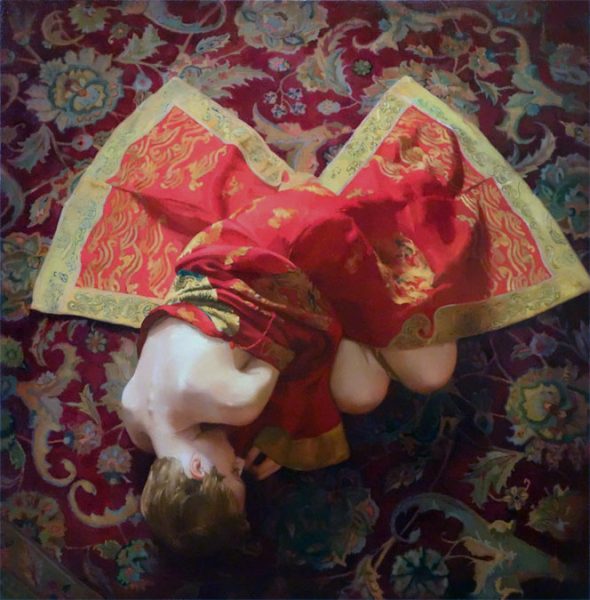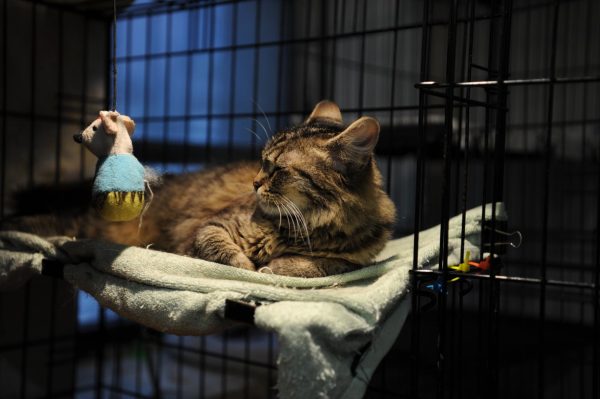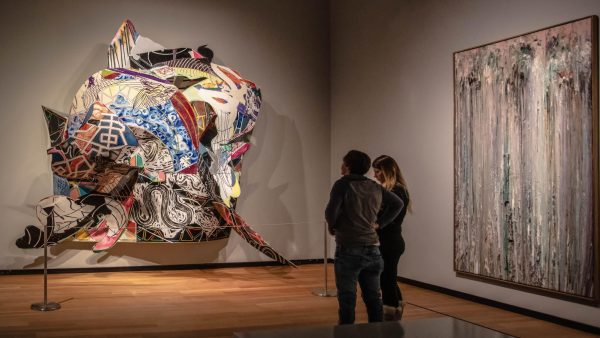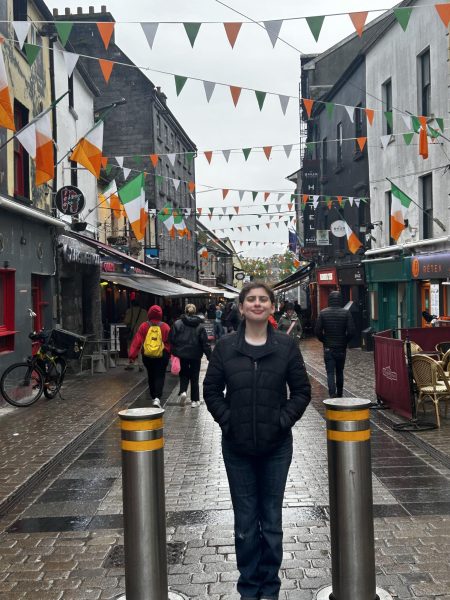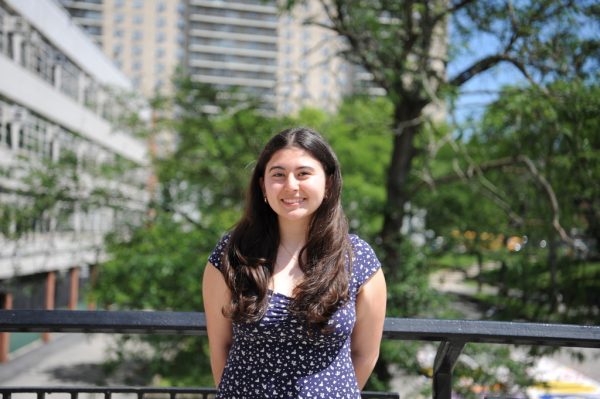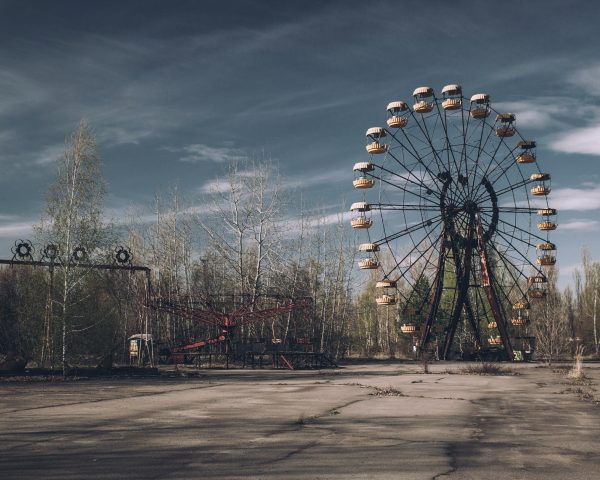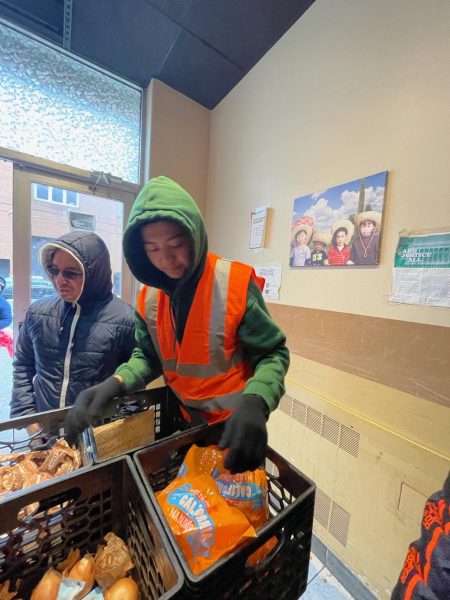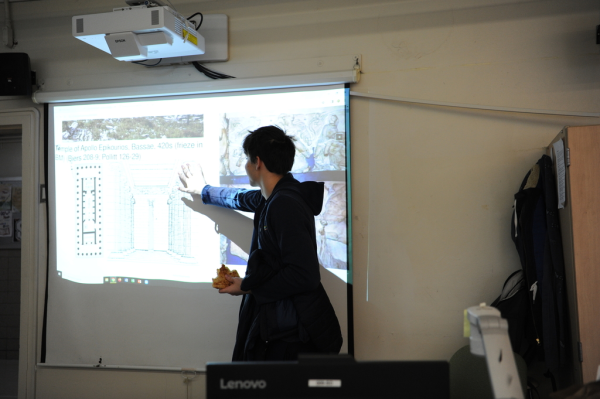Summers Behind the Mountains: A Profile of the Fujian Province in China
Fujian is home to ominous towers, a prosperous fishing industry, around six different dialects, and most importantly, peanut butter noodles.
My grandmother used to tell stories about demons who lived in the Wuta, when we went to visit Wuta Park.
Summer of 2018 was a strange time for me. My mother and I were with my grandmother, and we drove up the rolling hills of the Fujianese countryside in China with some other relatives. We arrived at a large stone semicircular structure that my mother said was a grave for my great grandmother, her mother’s mother. I stood idly and listened to the music blaring in my ears as my mother burned joss paper. The ashes flew up into the air as my mother stared solemnly at the tomb, while I stared blankly at the villages and clouds surrounding us.
Just weeks prior, I had arrived at my home in Chang-Le, a small district in Fuzhou facing the East China Sea. The courtyard of the apartment complex was smaller than I remembered, enough to fit about 10 cars with minimal walking room and a couple of stone beds holding trees that had been there for generations. I stepped out of the car, and I was immediately recognized by the people who lived in the apartment complex I grew up in.
“You were the rosy-cheeked little girl who recited poems while you played in the courtyard!” said one lady, whom my mother called “Cucumber Auntie” for her daily consumption of cucumbers. Based on what I knew, she was aging, but she never let it show, because her skin was as smooth as a pearl. Another uncle asked me if I recognized him, and when I said I didn’t, he asked me in the regional dialect, “Do you understand Fujianese?”
I understood enough to tell what he was asking me, and I immediately shook my head no. Years in the United States had made that impossible, and the only reason I was good at speaking Mandarin was because of the hours I spent in Chinese school on Mulberry Street back in Manhattan. Fujian has several different dialects, but my grandmother decided not to teach me any of them. While this led to my Mandarin being as crisp as an apple, it also made me lose touch with something important to me.
A large part of my reconnection with my culture has been through talking to other Fujianese-American girls my age. Reminiscing with them has allowed me to discover that my experiences as a child there greatly coincide with theirs. Vicki Chen ’23, a junior who I met through Lunar New Year Productions at Bronx Science, was more than happy to talk about her hometown when I approached her about it.
“I’m from Fuzhou, the capital city of Fujian Province, one of its largest cities. My paternal grandmother was from there, and after my parents immigrated to America, I was put into her care. She was a gentle old soul, and I think my personality mirrors her[s] a lot. I remembered we had a backyard where I used to ride my bike and play with the neighborhood kids,” Chen said. “I also attended preschool in that area, and most of my time was spent outdoors. I liked the night view of Fuzhou a lot: all the lights shining in the stores, brightening up the cities, and the streets bustling with people.”
Like Chen, my parents also immigrated to the United States during difficult times in order to work and support their families. When I was younger, I would visit Fuzhou every summer. Now that I have graduated from high school, I hope to be able to go back at least once before life becomes too busy. While Vicki and I talked about our childhoods, she brought up something that made my eyes light up. “We would take walks around the busy streets often, and go into the different stores to shop or buy things to eat. One of my favorite memories was dancing to ‘Nobody’ by Wonder Girls in front of McDonald’s,” she said. “I look back at these memories fondly. I think they shaped me into the city girl I am today and made it easier for me to adjust to my busy life in New York City.”
Janet Liu ’24 also mentioned peanut butter noodles. “There was a Sha Xian Eatery on every other block,” Liu said. “It was like Starbucks, except Fujianese.” Peanut butter noodles, referred to by locals as ban mian, is a dish with wheat or rice noodles covered in a rich peanut sauce made with peanut paste and soy sauce. It is often served with soup or vegetables on the side. The term ban mian, however, quite literally translates to “mixed noodles.” It has many variations outside of a peanut sauce. My mother told me that peanut paste was not a common resource when she was younger, so pig fat was commonly used. There are also other soupy variations of the dish, but the peanut butter sauce over the noodles will always stay close to my heart. Eating them was like going to McDonald’s with my family. My grandma would take me and my cousin Emma, who I grew up with, to the closest Sha Xian Eatery and order us ban mian with wonton soup.
Most of the best childhood memories in the minds of Fujianese youngsters exist when the sun has set and the air is cooler and rid of mosquitos. This is because Fujianese nightlife is one of a kind. Due to the harsh heat in southern China and the peaked activity of mosquitoes when the sun is out, most people prefer to enjoy what the city has to offer after the sun sets. It seemed that everything there was magical, because even children are excited to visit Walmart with their parents, the store having become more of a recreational area than a shopping center. The Walmart closest to my apartment in Changle was next to a river, and there was a carnival nearby with trampolines, amusement park rides, and a little play area for the younger children. Walmart also had incredible desserts. I distinctly remember the incredible dessert they served in a large bowl with glutinous taro balls, red bean, and sweet, syrupy ice that cools you off from the humid summer. Unlike in the United States, Fujian’s parks and public playgrounds are the most active during the nighttime, crowded with parents taking their children out for a stroll, the elderly having nightly dance events to stay in shape, and lovey-dovey couples in the honeymoon stages of their relationships.
The summer before high school, however, I was returning for the first time after the death of my grandfather. His death had hit my family very hard. My parents, despite shouldering a $10,000 expense for his ritual sendoff, had lost their jobs, and the funeral cost a lot of money. I was particularly unhappy that year in middle school, and going back to China had lost its former sparkle anyway. I was now faced with a bittersweet feeling as a car drove us up a mountain to go visit the tombs of several of my family members.
As I stood on that mountain, I realized that despite having been excited to visit my hometown again, a lot of what attached me to it was gone. My grandmother wasn’t living in China anymore, and the friends who lived next door and upstairs, the ones I held so terribly dearly, weren’t home. One moved away and one was at school. The apartment had changed a lot. It was no longer the large, spacious home that I recalled from my childhood, but an average-sized apartment in the middle of a special economic zone, with termites chewing away at the wooden renovations.
My great-grandmother was a person near and dear to my mother. Her grave was a semi-circular stone structure with a small altar and a stone platform over the body. When we visited in 2018, there was a huge pot in the middle that my mother was using to burn the Joss paper. My paternal grandmother was muttering to the ashes as they flew away. She spoke of good wishes of wealth and happiness for the afterlife. I stared at my mother, who held the deceased woman under us close to her heart. There were suppressed tears in her eyes.
My mother grew up in Houyu village, but her grandmother lived about a two-hour trek away from her in Houshan, literally translating to “behind the mountain.” When I asked my mother why Google Maps claimed it was a 6 hour walk, she told me that it was because the website showed the path looping around the mountains rather than the shorter way of simply climbing the steps. Years ago, when I was young, she told me stories about zombies that would come out at night with talismans on their foreheads, and evil spirits who would haunt you should they hear your name spoken. My grandmother would tell me not to say my name out loud when we walked up winding paths to visit shrines.
Rural poverty is as serious a problem in Fujian as it is anywhere else in China. However, in recent years, better houses have been built, and many relatives I visited even had a Wi-Fi router. Poverty is much more potent in the western regions of China, hence why many people from the west have migrated out east to places like Fujian. One of my aunts is from Sichuan. Sichuanese women who migrated to Fujian developed a negative reputation because their socioeconomic situations often put them in positions in which they had to beg for money to feed their families. The classist stereotype “szi-chuon yang” still lingers amongst middle-aged and elderly Fujianese citizens. Despite facing poverty, however, Sichuan is still home to the Sichuan peppercorn and one of the best cuisines in China. Among the constantly-changing nature of Fujian province, which is a Special Economic Zone, Sichuanese cuisine thrived, despite it requiring a special tongue to appreciate.
Fuzhou is the capital of Fujian, and it is only a short drive away from Chang-Le. While Chang-Le has an international airport, Fuzhou City is the heart of the province. Everytime I visited, my grandmother would take me to Wuta Park. The tower at the heart of the park is a historical five-story tower from the legend of the Journey to the West, the famous story of the Monkey King. My grandmother would scare me by telling me that the tower housed demons.
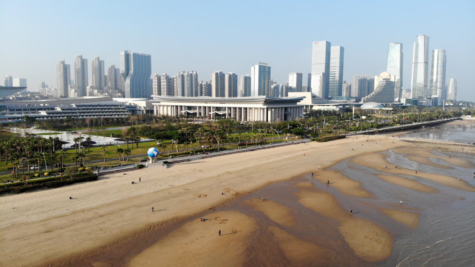
Only now, I look back and realize how gullible I was as a child. As I stood in the courtyard of my apartment building, the summer before high school started, I realized that my childhood was like a fragile sheet of plastic protecting the harsh realities of the world. It’s been four years since that trip to China, and I’ve changed even more since then. I’ve recently graduated from Bronx Science. In the fall, I’ll be in Boston University, studying Biology and preparing for the MCAT. I recently said goodbye to the high school that has turned me into the resilient and sharp-witted person I’ve become. If I could go back in time and tell the little girl from four years ago who was standing on the grave of her great-grandmother that everything would be alright and that purpose would soon materialize in my life, I would.
I have no regrets about who I’ve become, or where I am in life, but I would love to visit Fujian again just one more time before adulthood catches up to me. Even if the magic of visiting has dissipated, it is still home, and it will always be home.
I have no regrets about who I’ve become, or where I am in life, but I would love to visit Fujian again just one more time before adulthood catches up to me. Even if the magic of visiting has dissipated, it is still home, and it will always be home.
Melanie Lin is an Editor-in-Chief for 'The Science Survey.' She enjoys portraying mundane things in fascinating ways through journalistic writing and describing...


